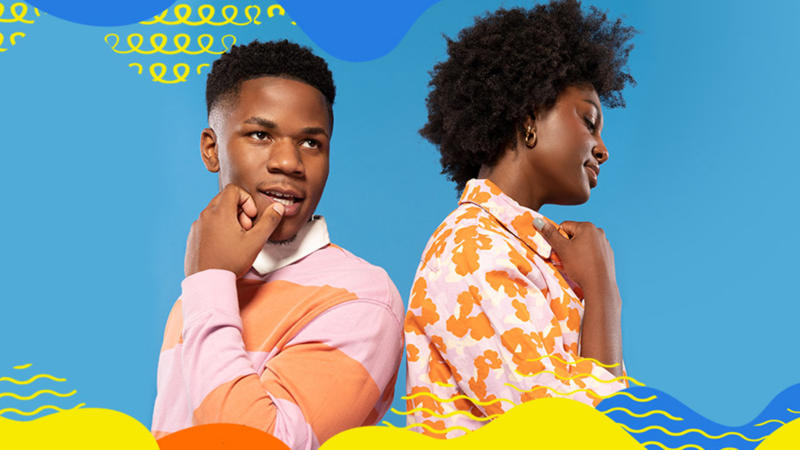COVID-19 prompted millions of Americans to adopt new at-home practices to reduce the risks of contracting the disease. Do-it-yourself (DIY) routines have become a highly sought-after trend accelerated by COVID-19. About 41 percent of African American women relied less on professional hair services and became avid in-store beauty shoppers, Neilsen previously reported.
African Americans attribute $1.2 trillion in consumer power, according to a 2018 report from Neilsen. The beauty industry has often been criticized for its absence of diversity with many Black individuals struggling to find quality products. Rising tension during the Black Lives Matter movement in conjunction with COVID-19 propelled many companies to diversify their products.
Proctor and Gamble (P&G), one of the world’s largest advertisers, led efforts to advocate for change within the industry. P&G launched cultural campaigns shedding light on racial bias and challenged the beauty industry’s lack of attentiveness to Black beauty products.
In a continued commitment to address Black consumer needs, P&G launched Next of Us (Nou) exclusively through retail corporation Walmart. Nou features eight cost-friendly products priced at $6.97 catering to the hair porosity of 3A-4C curl patterns, Glossy previously reported. The brand hopes to resonate with Generation Z which has become more racially diverse within the last decade, Pew Research Study reports.
“[Nou fulfills] a couple of things for P&G. It’s Gen Z and it’s multicultural,” Lela Coffey, Vice President for P&G Beauty’s North America Hair Portfolio, who leads the company’s marketing efforts to deliver substantial products to people of color shared in an interview with Glossy. “More than 50% of Gen Zer are non-white, and 75% of them define themselves as having textured hair. We know that this is a phenomenon that’s going to keep happening as the population becomes increasingly multicultural.”
Coffey reveals the brand was co-produced in less than a year, launching officially in March. To share its mission statement and increase brand awareness, Nou launched its Instagram account and created a successful TikTok challenge using the hashtag #ThisIsMyTexture. The challenge accumulated over 40 million impressions.
“This younger group of consumers is all about expression, individuality, fluidity and freedom,” said Coffey to Glossy. “They are rejecting what we could say are the norms of beauty; they want to be very expressive. [And they are using] hair as a form of self-expression to be as fluid and as constantly changing.”
As companies strive to push diverse products to shelves, retail chains Walmart, Sally Beauty, and Target are increasing their dedication to Black-owned brands. P&G has continued to pursue greater visibility in retail stores for its consumers launching haircare My Black is Beautiful with Sally Beauty in 2019 and Hair Biology with Target. In Coffey’s interview with Glossy, she also shared the importance of collaborating with retail brands for people of color to obtain beneficial products.
“Co-incubating a brand with a retailer is a viable launch strategy for CPG conglomerates, especially for those that do not have DTC capabilities because retailers have direct access to their customers’ first-party, transactional data points that can guide product development, brand positioning and marketing strategy,” said Bo Kim, Gartner senior principal analyst. “Walmart is on the right path in extending their assortment and tapping into multi-cultural/BIPOC and Gen Z customers. However, launching a [diverse and inclusive] product or a brand alone is not going to make a difference in the long run [for reaching Gen Z].”
In an intentional effort to enhance Nou’s product design, 30 Nou and Walmart Generation Z employees were hired. Consumers will be able to easily identify suitable products due to 3A-4C curl patterns designs created by Black and South Asian illustrator Sophia Yates. If users are unfamiliar with their hair porosity, the product will feature QR codes to provide useful information to shoppers.
P&G exemplifies the distinction between performative action and allyship. Intentional efforts to include Black consumers are not a trend. Allyship requires longevity to ensure visibility is not neglected amongst products catering to people of color.
Although Nou is currently sold online, the hair care brand can be purchased in stores beginning in October.

